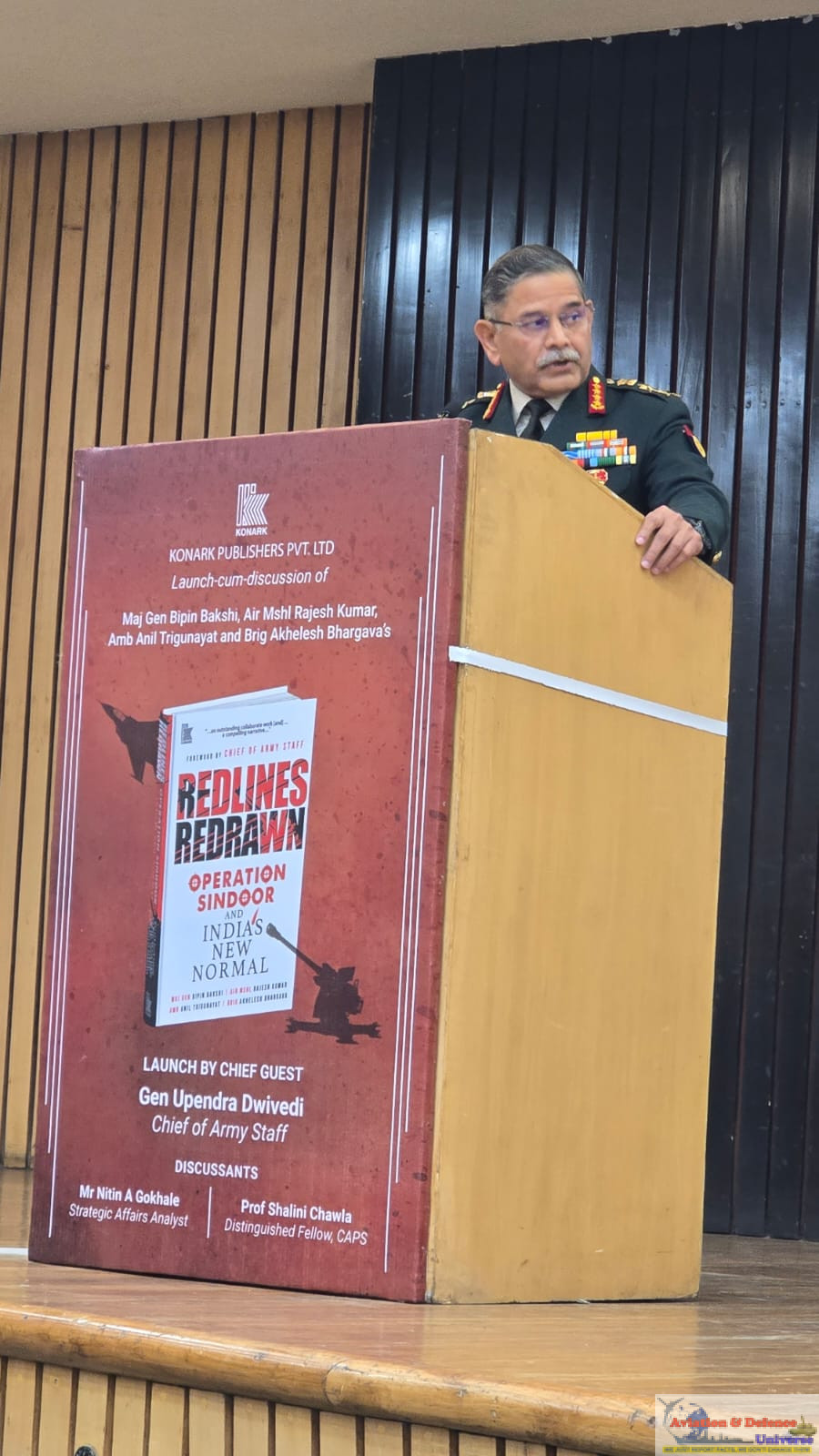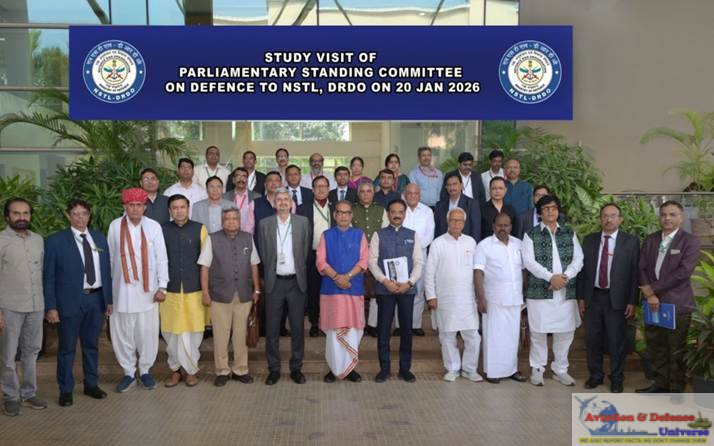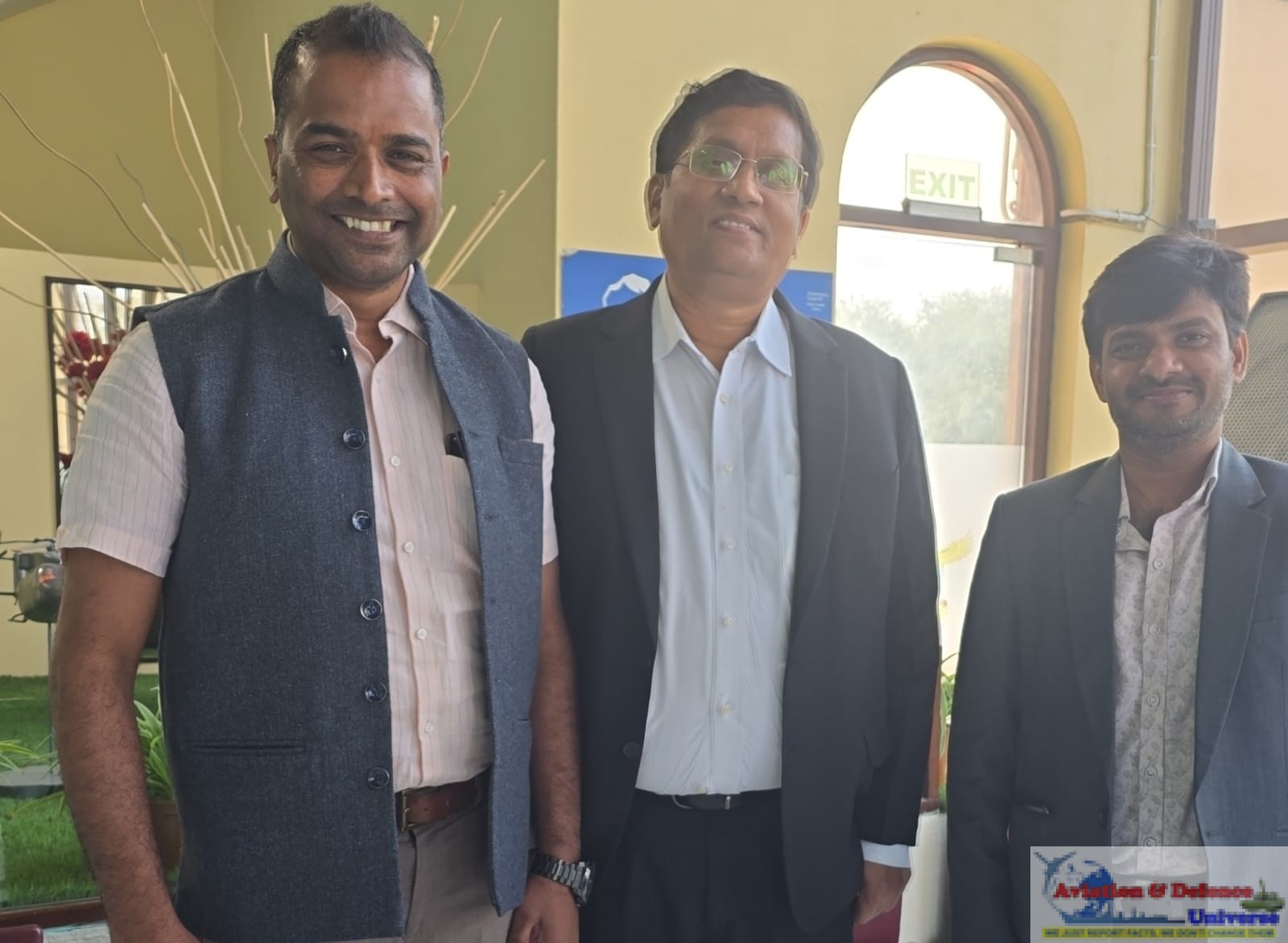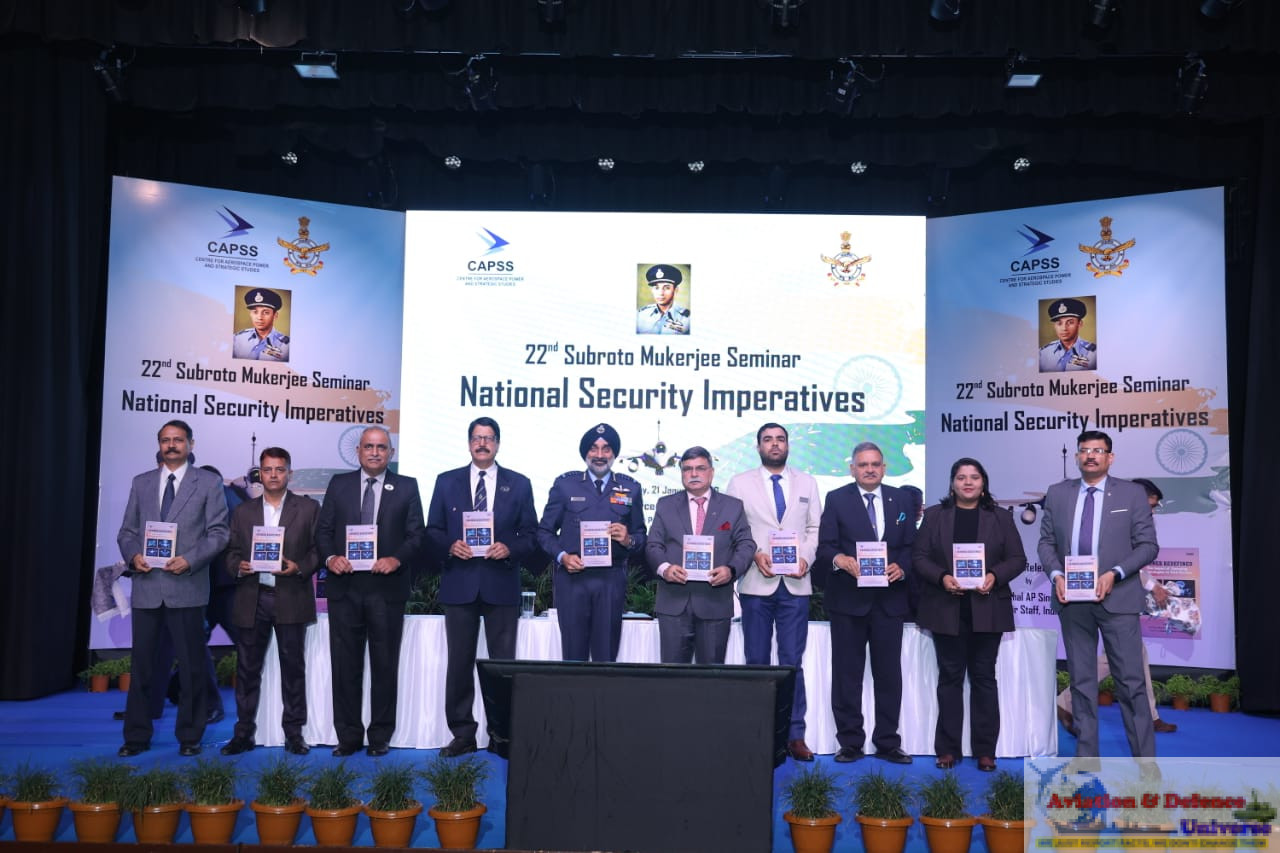- Collaboration to explore advancing sustainable aviation fuel production in the region, strengthening energy security and supporting efforts to decarbonize hard-to-abate sectors
Mumbai, India, June 2, 2025 – Honeywell (NASDAQ: HON) has signed a Memorandum of Understanding (MoU) with NTPC Green to explore the production of sustainable aviation fuel (SAF) in India. The companies will explore the use of Honeywell’s proprietary eFining™ technology to produce SAF from carbon dioxide (CO2) feedstock captured from NTPC’s power plants and green hydrogen.
The collaboration aims to help decarbonization goals and support airlines in their effort to meet carbon reduction targets. The agreement further supports India’s energy security objectives and underscore’s Honeywell’s alignment to the energy megatrend.
“SAF production forms the sizeable part of the ambitious Green Hydrogen Hub of NTPC Green in Pudimadaka, Andhra Pradesh. We believe that the mandate in the aviation sector for blending SAF in jet fuel will drive many early mover projects in green hydrogen,” said DMR Panda, Executive Director (Green Hydrogen), NTPC Ltd.
The collaboration brings together Honeywell UOP’s expertise in SAF production and NTPC’s leadership in green hydrogen projects development. SAF is seen as a critical tool to help decarbonize the aviation sector.
“We are excited to work with NTPC Green on this initiative to advance India’s transition towards cleaner aviation fuels and goal of working toward carbon neutrality,” said Ranjit Kulkarni, Vice President and General Manager, Energy and Sustainability Solutions, Honeywell India. “Our collaboration with NTPC Green will leverage Honeywell’s expertise in SAF solutions to efficiently treat emissions from thermal energy, foster green hydrogen adoption, diversify feedstocks for SAF production and help India’s aviation sector meet its long-term environmental goals.”
The study, expected to be completed by mid-2025, will support India’s dual mission of positioning itself as a SAF hub and achieving its emissions reduction goals by building a pathway toward promoting the production and export of SAF to other regions.








































































































































